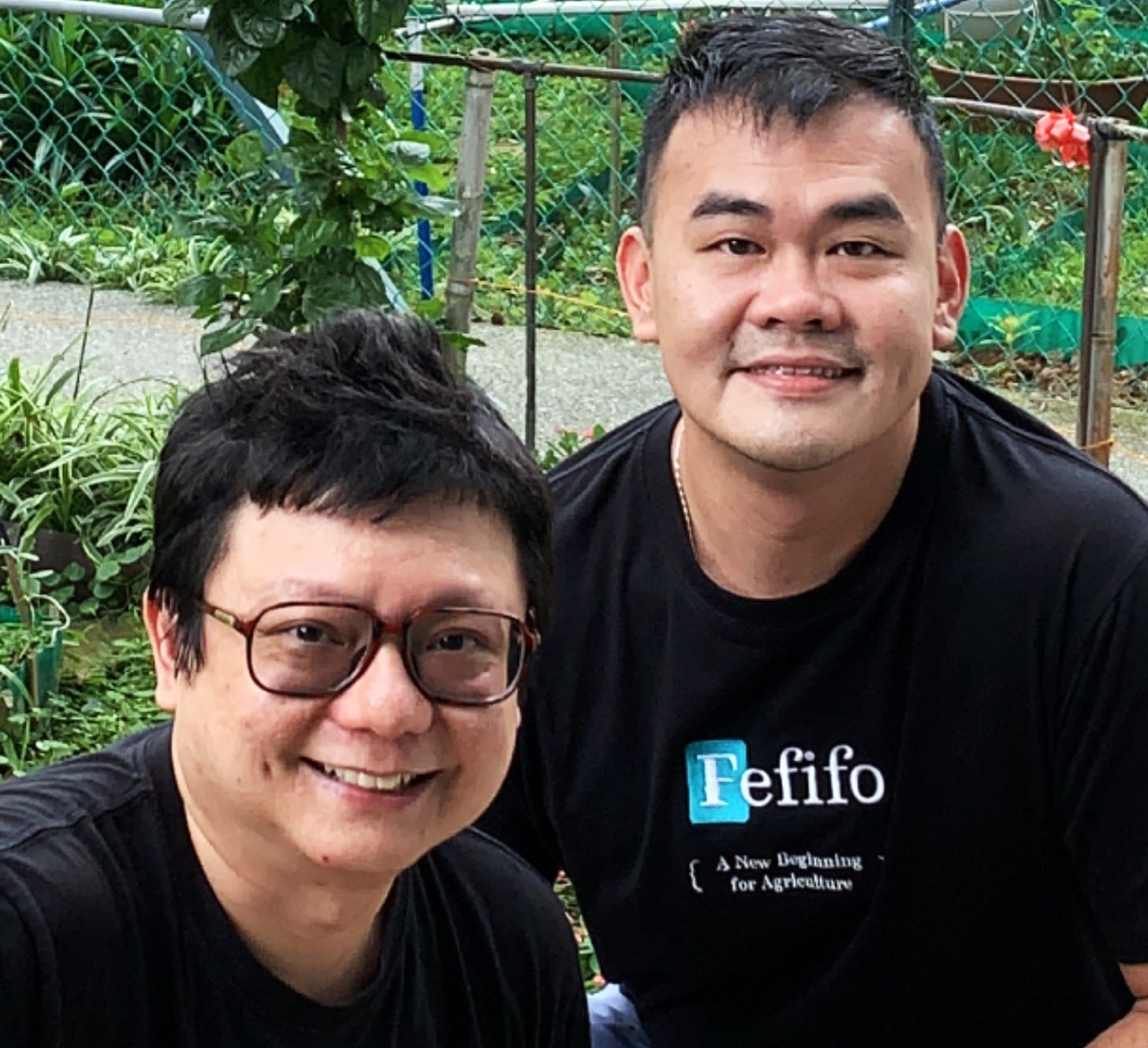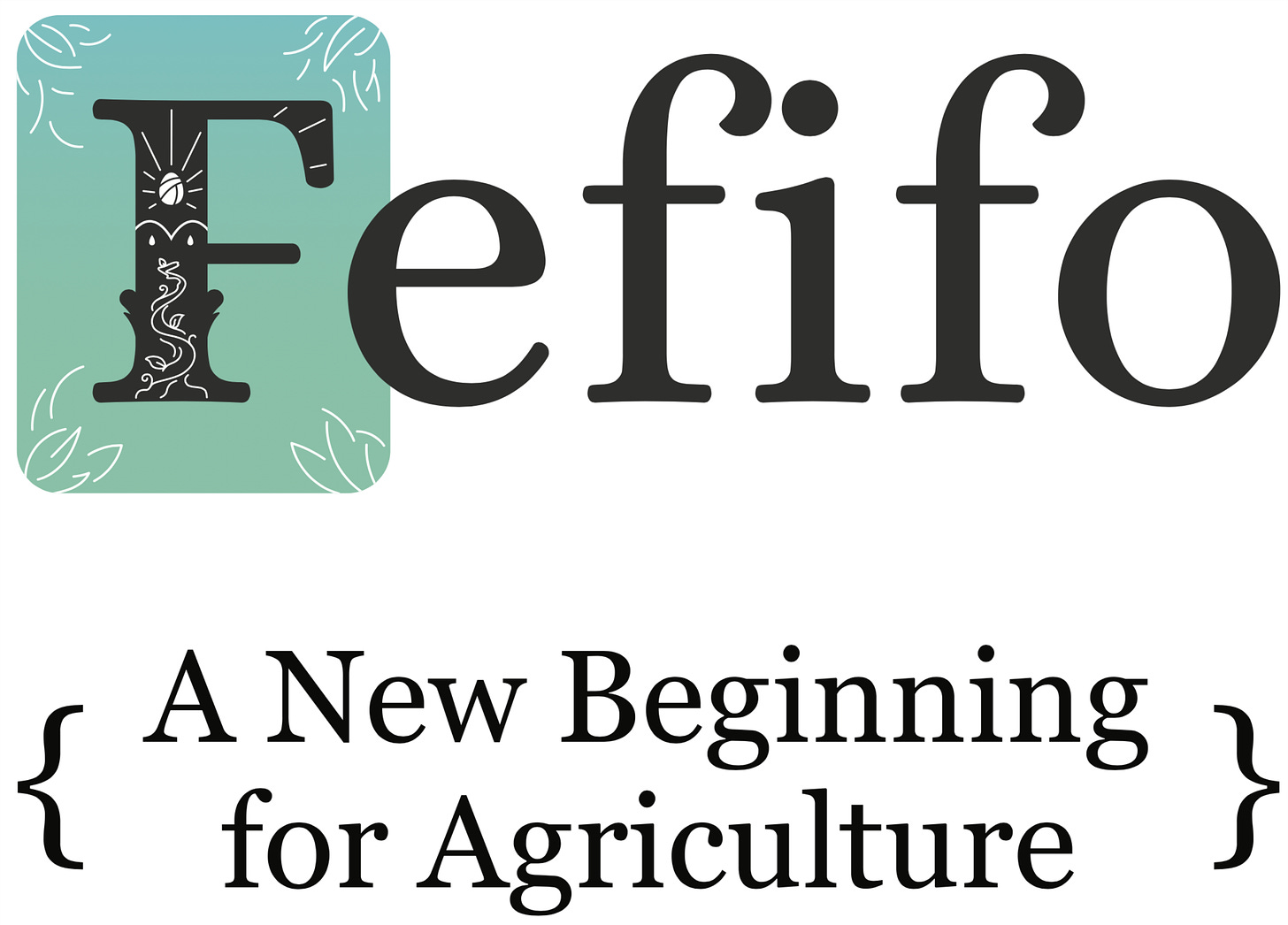Fefifo: Empowering The Next Generation Of Farmers
In early March, 11 companies were chosen to receive an investment of RM250,000 (US$61,844) each to grow their business regionally from Scale Up Malaysia and Quest Ventures.
ScaleUp Malaysia’s Cohort 2 key partner, Quest Ventures is a regional venture capital firm based out of Singapore that counts Temasek as one of their key investors. With more than 50 investments under their belt, Quest Ventures’ investments boast regional powerhouses like Carousell, 99.co and Carro.
Head’s Up will be interviewing all 11 chosen startups to discuss further on the challenges they face as a startup to grow regionally and how the investment will impact their journey moving forward.
8th in the list is Fefifo, a technology-first Co-farming company that focuses on empowering the new generation of progressive farmers in ASEAN.
Head’s Up spoke to co-founders, Kelveen Soh and Chris Fong on their journey to lift farmers and elevate their quality of life and what the funding from ScaleUp Malaysia and Quest Ventures could mean to the startup in the long run.
Can you share more about your startup and what has the journey been like?
We are long-time friends who have known each other for close to two decades. Throughout the years we kept close and always had a healthy respect for what we individually did professionally - Kelveen for starting a digital media company from scratch with another bunch of founders, building it and eventually selling it to the largest communications group in the world (WPP group), and myself for my depth in technology, proficiency in business strategy & modeling, and management achievements in the corporate world.
We had always talked about doing something together.
Around 2017, we met some of Kelveen's childhood friends who ran a small commercial farm in Malaysia but were facing many challenges. In the end they had to wind up their business, but the issues they faced inspired us to think about what could solve their problems.
Putting all our diverse backgrounds and knowledge together across farming, venture building, technology process creation, and real estate development, we realised that the many issues they faced were also the issues that many smallholder farmers face in South East Asia and the developing countries, and felt that it was our perfect problem to solve. That's how we came together and how the idea of Co-farming was born.
We started traveling from Singapore to Malaysia and having deep dives with our other farmer founding team members since late 2018.
We have been working full time on Fefifo since Jan 2019 and Fefifo Pte Ltd and Fefifo Malaysia Sdn Bhd were incorporated from May 2019 onwards. Today Fefifo has a team of 11.
Smallholder farmers all face a common set of problems, high capex and limited knowledge of modern farming, lack of scale and being squeezed by middlemen.
Despite that, 80 percent of the food Asia consumes is produced by smallholder farmers. However, 65 percent of these farmers will retire in 15 years and traditional farming is not profitable enough to attract the next generation.
Most importantly, there are no breakthroughs in Agritech today or over the horizon that can produce enough to replace smallholder farming entirely.
Modernising smallholder farmers and bringing up their efficacy and profitability is key to feeding 8.5 billion people by 2030.
Our team realised that smallholder farmers need a value chain solution that can help them with initial startup of crop cycle expenses, provide them access to commercial farm infrastructure, systems, and knowledge to grow consistently well, and confidence that they are growing crops that can sell to reliable, profitable contract buying arrangements.
Fefifo Co-farming is that value chain solution and is born from our problem-solution-problem chain starting from setting out to solve these top-of-mind concerns for smallholder farmers.
The resulting "innovation stack" is baked into the design of our proprietary digital seed-to-sale platform, DDFN, our physical spaces, and product offering. We focus on making sure that the value which Fefifo is delivering to smallholder farmers is compelling and that value is much greater than what they can achieve on their own such that it is a no-brainer for them to sign on with us.
Value validated as compelling with agricultural authorities and ministries, agricultural tertiary institutes and graduates, investors, partners, many other smallholder farmers in our network, and a list of candidates wanting to sign up as Agropreneurs longer than we have funds to build Co-farm spaces.
Were you confident of getting selected to receive the investment?
There’s a little bit of quiet confidence we had in what we do and the business, but didn’t take things for granted. We went through the programme without negligence, with much appreciation for each and every assignment and always looked forward to the meetings we had with the partners.
How will you be utilising the 250k investment coming from the partnership?
It will be deployed as an additional budget for Capex items and as contingency to further develop the balance 5-acres of our pilot Co-farms which includes drainage and fencing infrastructure, internal driveways, walkways and sewerage system.
What are the challenges a startup like yours face in growing regionally?
South East Asia has huge potential but is also fraught with pitfalls for a startup like us with a vision to have a Co-farming presence in all the countries. While we are confident the problems faced by smallholder farmers across developing South East Asian countries are very similar and that the opportunity is ripe for all of them, the many different languages, cultures, and even political situations require intimate knowledge of any one country.
The challenge is in finding and working with the right set of strategic partners that truly understand what we do, that will connect us to the right in-country players and key stakeholders throughout the value chain.
Which country do you think holds the biggest potential to market your product?
Our eyes are set and planned on Indonesia that is by far the largest market for agriculture in South East Asia with the most opportunities to modernise and bring the value of Co-farming to millions of Indonesian smallholder farmers.
The pandemic has proven to be some of the most challenging times for a lot of businesses. How did you overcome the challenges?
The Fefifo team was built as a distributed team from the beginning with members and partners who are based across 3 countries, i.e. Singapore, Malaysia, India. We have daily touchpoints over video calls so when the pandemic came about we just continued on with what we have been doing on platforms like Google Meet and Zoom.
Fortunately, Fefifo did not face any significant impact in local operations during the MCO last year. Being an ‘Essential Service’ sector in food production, we were able to continue our work including interstate travel for members of our company and enable partners across our supply chain within Malaysia.
However, as the pandemic rages on into this year, things might change and we are constantly monitoring the situation making sure that we can anticipate and be ready for as many scenarios as possible.
What opportunities do you think this investment will give rise to for your startup in the long term?
It is definitely beyond the monetary investment. Having credible names like ScaleUp Malaysia and Quest Ventures backing Fefifo opens up more strategic opportunities and accelerates our funding plans to the next level.
How important do you think these initiatives are for startups in the country?
Good accelerator programs like ScaleUp Malaysia are critical in each market to boost the local startup ecosystem and attract more investment into the country.
Fun fact: The name Fefifo is inspired by the fairy tale ‘Jack and the Beanstalk’, where the giant goes ‘Fee-fai-fo-fum’, that’s a word play on what we envisioned as Fefifo Farms. Like the giant beanstalk that grew from magic beans to reach the golden egg beyond the clouds, Fefifo’s mission is to lift smallholder farmers up the income pyramid from the bottom 40% (B40).
Whether its feedback or you are like to work with Head’s Up to put your story out there, feel free to reach to out to us at headsupnewsletter@gmail.com





